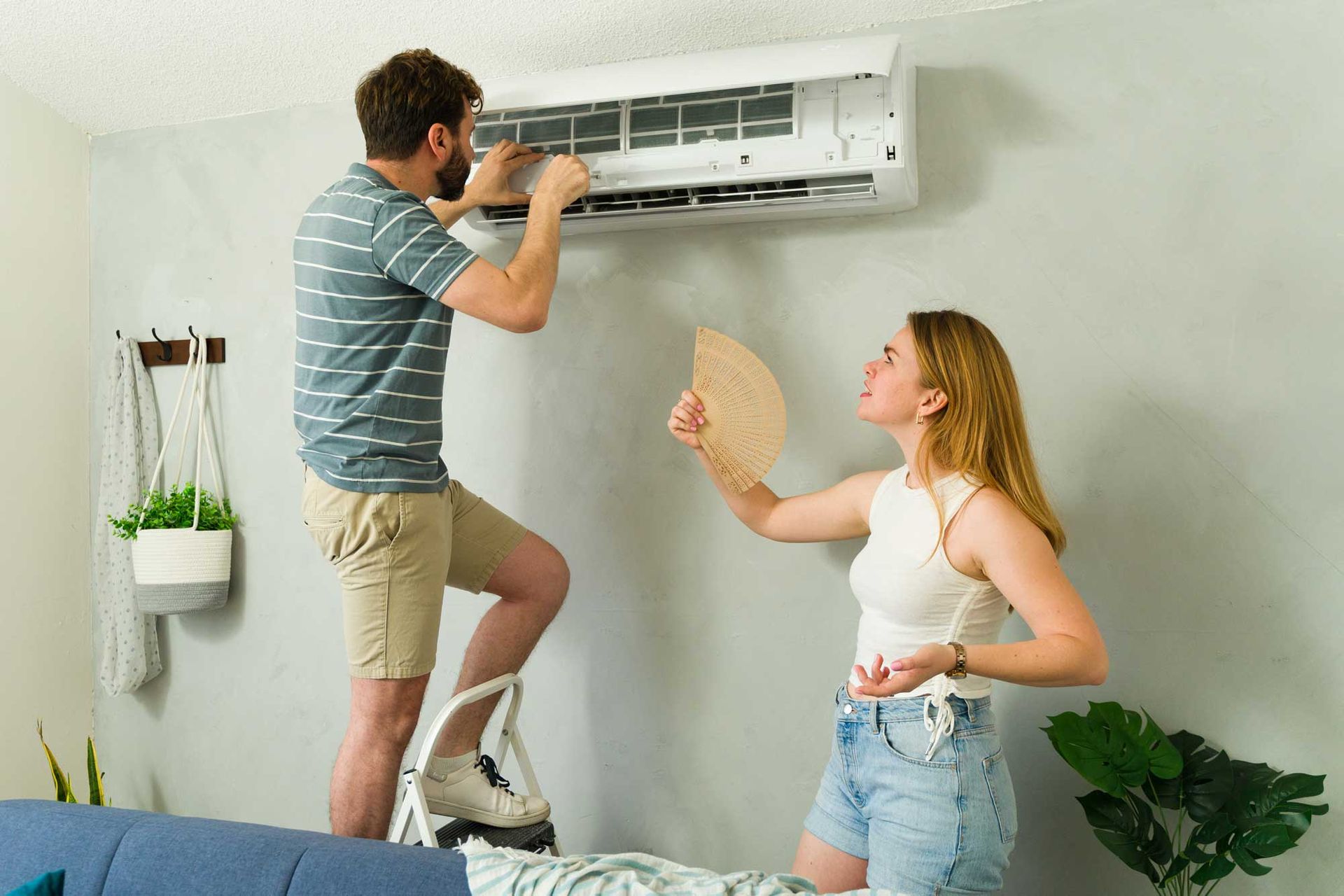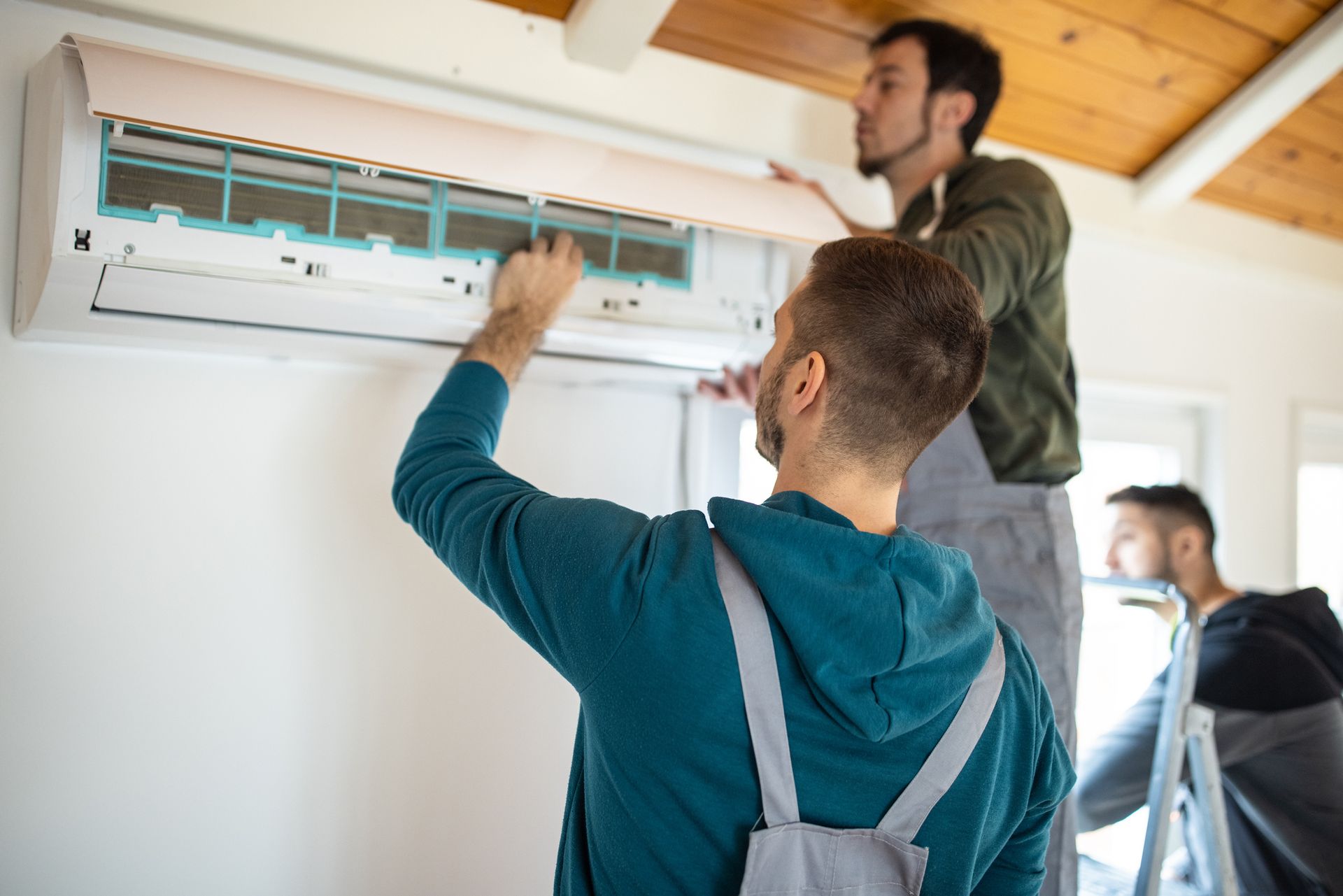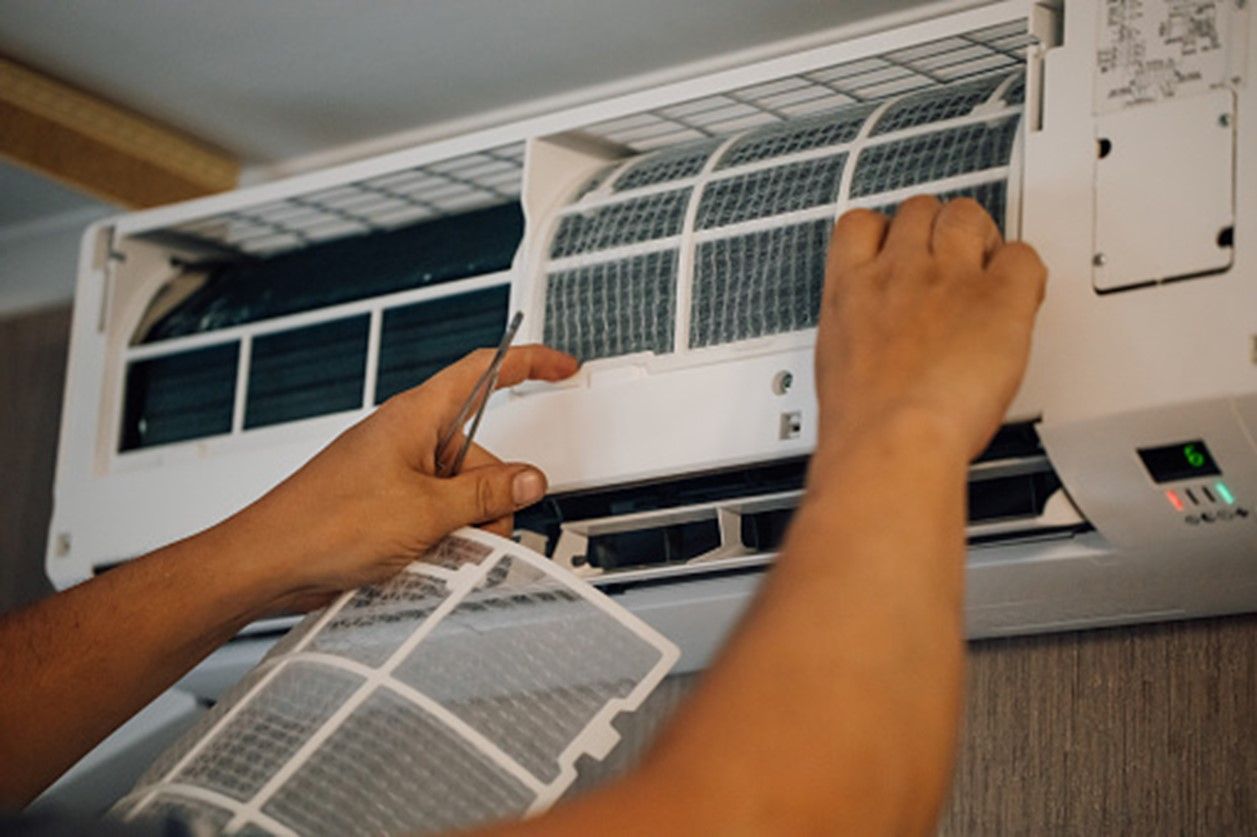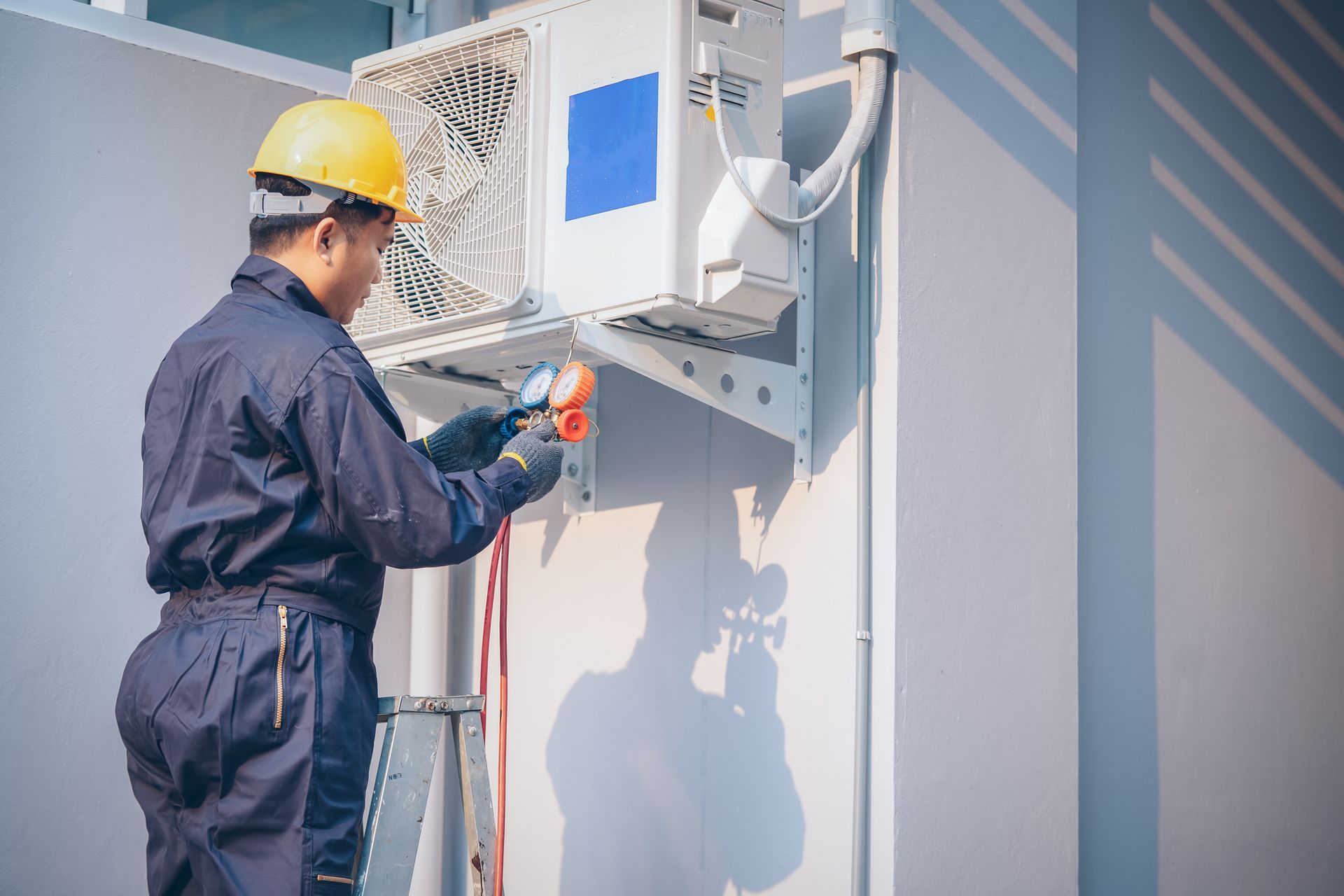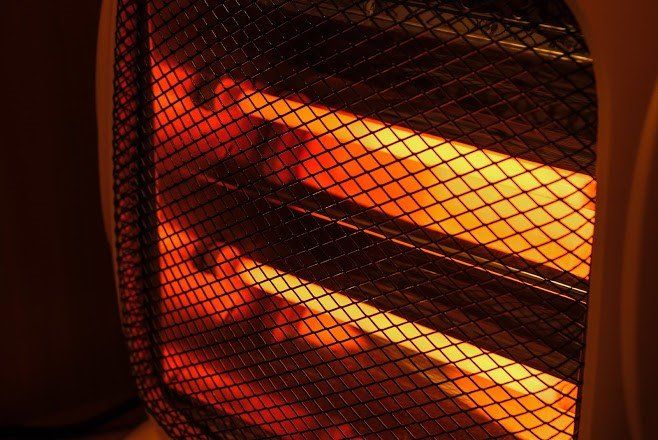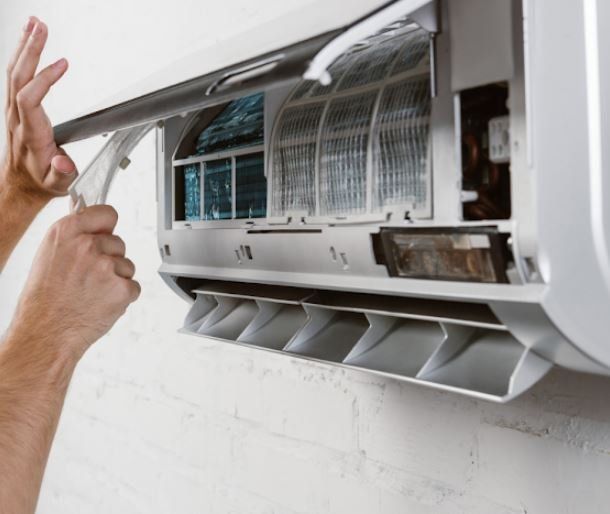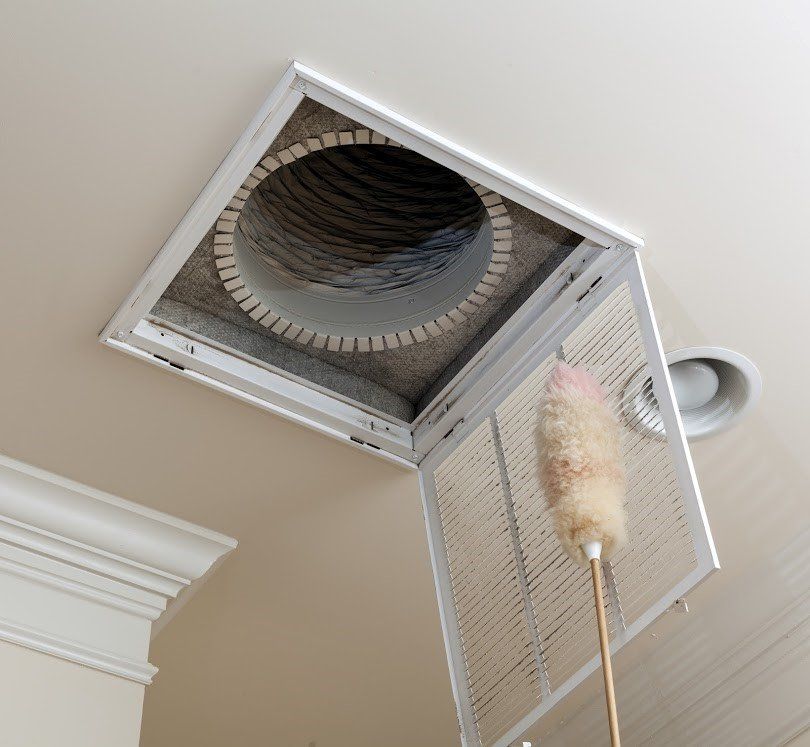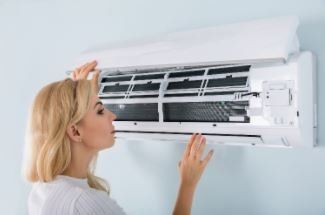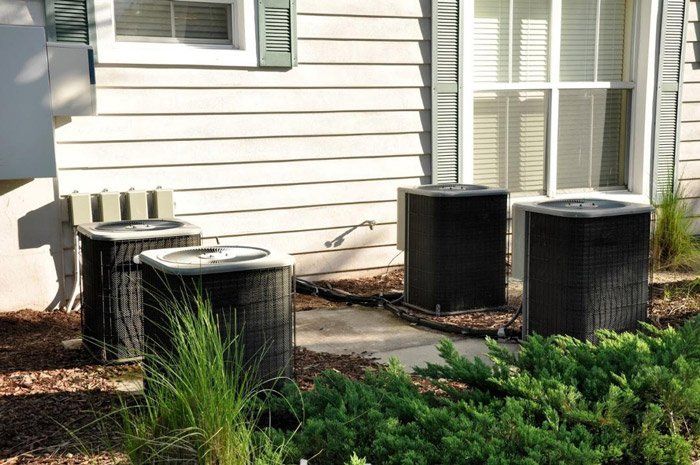The Do's and Don'ts of HVAC System Use and Indoor Air Cleaning
October 8, 2020
Can you effectively clear your home's indoor air? Whether your home is extra dusty, you recently remodeled, open windows bring in pollutants or allergens, or you want to reduce the risk of viral or bacterial contamination, take a look at the do's and don'ts of HVAC use and indoor air quantity.
Do Ask About a UV Light
What does ultraviolet (UV) light have to do with your home's HVAC system or the indoor air? Even though most of your experience with UV rays comes from your days in the summer sun, this type of light is also an effective interior air conditioning system cleanser. Before you invest in a UV light air cleaner or purification system for your air conditioner, ask the HVAC contractor:
- What will the UV light clean or clear? If dust and pet dander are problems for you or your household members, a UV light won't help indoor air-related allergies. But this type of system will help to reduce mold, bacteria, and viral particles in the HVAC system.
- Will UV light eliminate microorganisms in the air? No — and yes. While the light won't remove mold, bacteria, or viral particles from the indoor air, it will stop the spread of microorganisms in your home's HVAC system. This can reduce the risk of recirculating particles indoors.
- Are UV lights easy to use? Like the other parts of your home's HVAC system, a UV light also requires routine cleaning and maintenance. The contractor can help you to understand the specific maintenance schedule for the type of light they sell and install.
Even though a UV light can help to clear your home's air through the HVAC system, it isn't the only option. The air conditioner's filter or a separate filtration system can also reduce allergens, pollutants, and microorganisms inside of your home.
Don't Choose Just Any Filter
The HVAC system's filter plays a major role in the indoor air quality. But this doesn't mean every air filter is equal. If you're not sure what type of filter to use in your home's heating or cooling system, consider:
- What do you want to filter? If you only want to remove large particles such as dust and pet fur, most commercially available filters can help. A higher-efficiency filter can reduce or eliminate smaller-sized particles, such as some microorganisms.
- Which MERV rating is right for your home's needs? The minimum efficiency reporting value (MERV) rating represents the filter's ability to remove particles of different sizes. The higher the MERV rating, the smaller the particles it filters.
- Do you need a HEPA filter? A MERV 16 filter can remove 75 percent or more of particles 0.3 to 1.0 microns in size, according to the U.S. Environmental Protection Agency (EPA). But a high-efficiency particulate air filter (HEPA) removes 99.97 percent.
Some filters require complete replacement, while others are reusable. If you choose a reusable filter, you'll need to clean the product regularly.
Do Schedule Routine Professional Maintenance
Filter replacement and cleaning is an easy job most homeowners can do without professional help. But that's where the DIY maintenance ends. To make the most of your indoor air:
- Schedule service more than once each year. Annual professional maintenance is the bare minimum. Talk to the HVAC contractor about a seasonal or bi-annual schedule.
- Choose a contractor wisely. You need an experienced, knowledgeable HVAC contractor to clean and care for your home's system. The higher the expertise level, the better job they'll do.
- Ask about extra options. Whether you want to install a full-home filtration system or need to upgrade the existing filter, ask the contractor for recommendations during routine maintenance appointments.
Schedule a second service appointment for a UV light, new filter, air scrubber, or other accessory to enhance the indoor air when the contractor cleans or inspects your system.
Does your home need HVAC or indoor air service? Contact Weather Control Air Conditioning, Inc., for more information.


